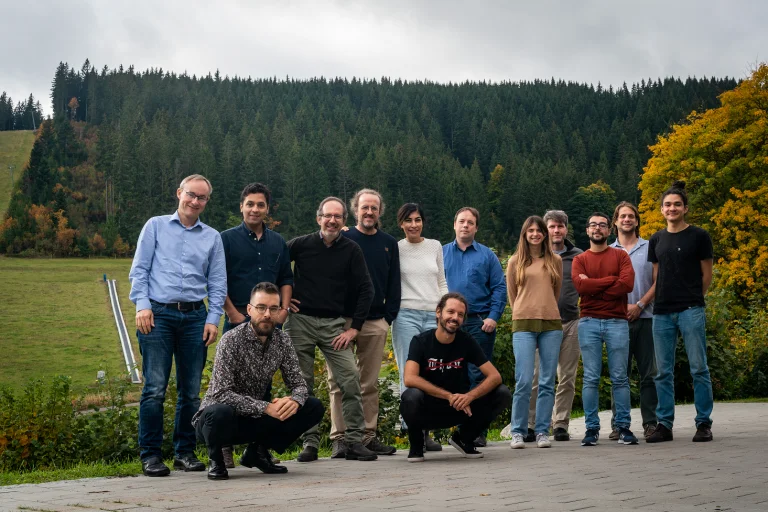



Insights from the ELLIS Program "Interactive Learning and Interventional Representations (ILIR)" Workshop
ELLIS research programs were established to advance science by connecting the most outstanding researchers of a particular field, and by fostering knowledge transfer and international collaboration. Currently, there are 14 cross-national research programs with topics ranging from basic research in theory and algorithms to applications in health and climate sciences and human-centric elements of AI.
Understanding organizing principles underlying robust intelligent behavior
The program “Interactive Learning and Interventional Representations (ILIR)" was founded by leading European researchers with the goal to understand the organizing principles underlying robust intelligent behavior, and to enable reliable learning-based decision systems for high-stakes real-world applications. The members of this program aim to rethink the principles of interactive models of learning, exploring the role of causal modelling in bridging the gap between observational and interventional learning. The program is led by Nicolò Cesa-Bianchi, Professor of Computer Science at Università degli Studi di Milano (Italy), Andreas Krause, Professor of Computer Science at ETH Zurich (Switzerland), and Bernhard Schölkopf, Director of the Max-Planck-Institute for Intelligent Systems in Tübingen (Germany) and ELLIS President.
During a two-day workshop in the Black Forest in Germany, which participants could join both in-person and virtually, the group of scientists presented and discussed each other’s research work, current challenges in this field and new ideas for future collaborations. The agenda included talks on topics such as: ‘Learning Dynamical Systems via Koopman Operator Regression in Reproducing Kernel Hilbert Spaces’, ‘Multiscale online learning’, ‘Learning to Intervene in Complex Systems, From Neural Networks to Sustainable Economies’, ‘Learning through interaction with online learners or Planning multi-agent recovery from earthquake damage’, and ‘Generalization Bounds via Convex Analysis’. The workshop was an interactive forum to exchange, and the opportunity to do so in person was particularly welcome after the long COVID-19 break.
“After so many online events, this has been a wonderful opportunity to meet again in person, in a pretty location in the middle of the Black Forest, and listen to a very stimulating set of talks. We are looking forward to organizing a larger in-person event next year”, says Nicolò Cesa-Bianchi.
More information
More information about the ELLIS program Interactive Learning and Interventional Representations (ILIR) can be found on this page.
Learn more about all ELLIS programs here.
Follow ELLIS on twitter at @ELLISforEurope.
